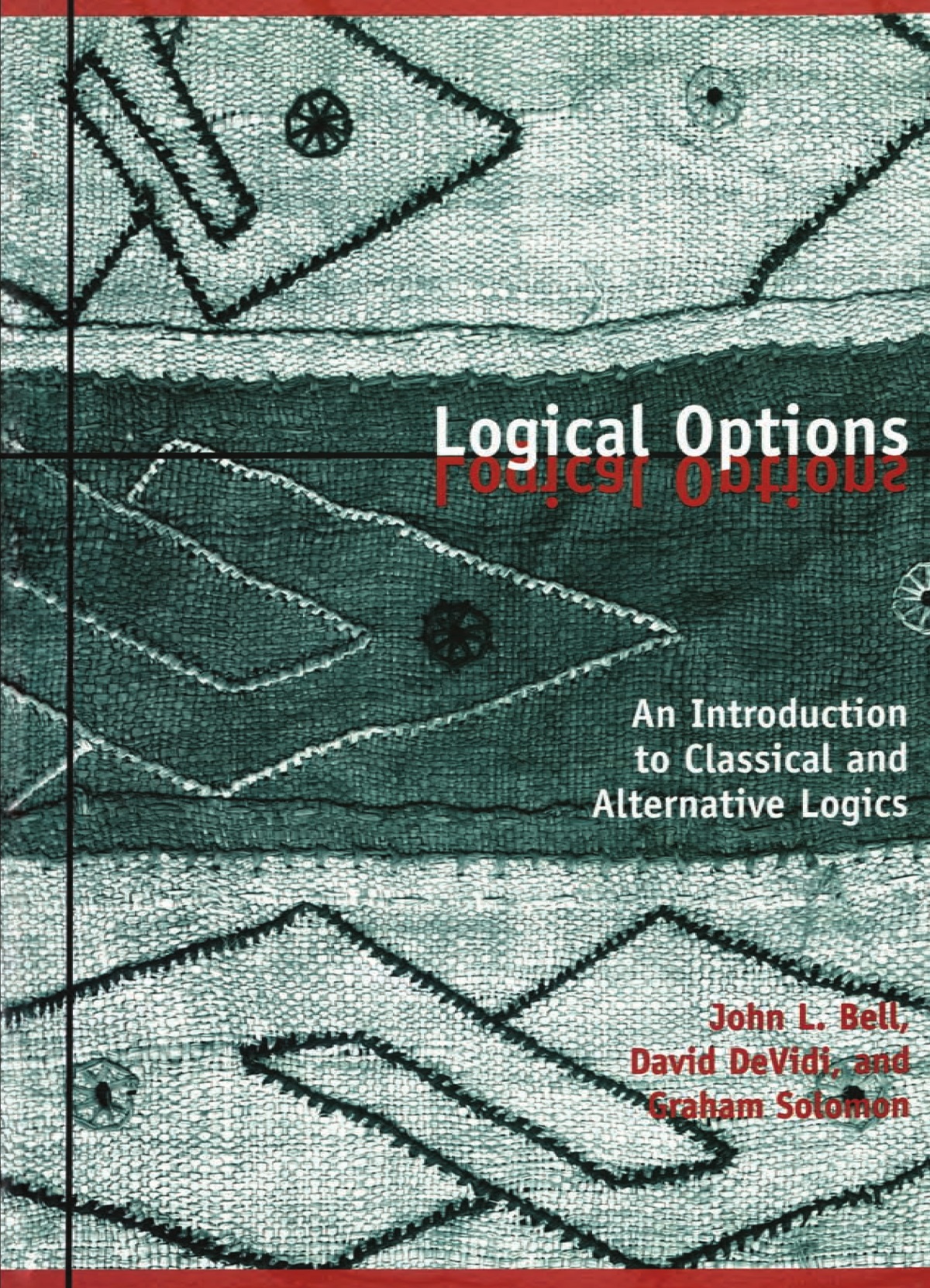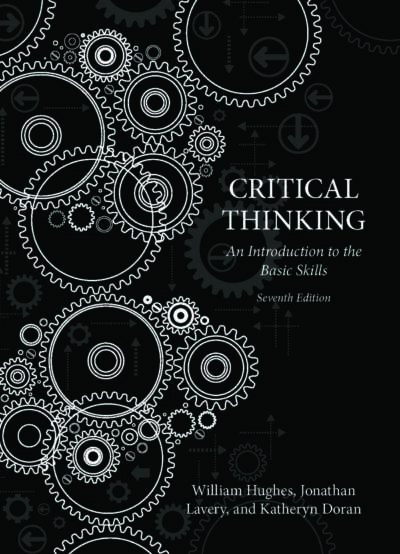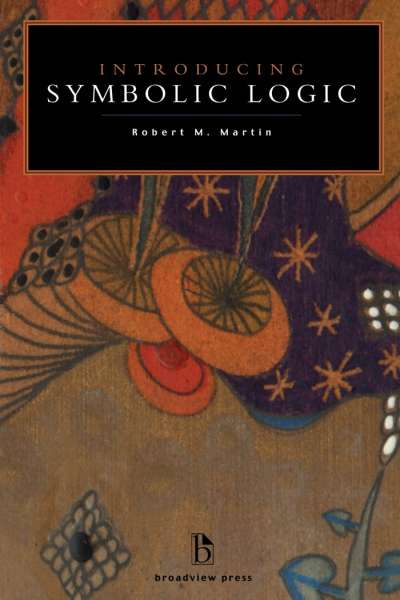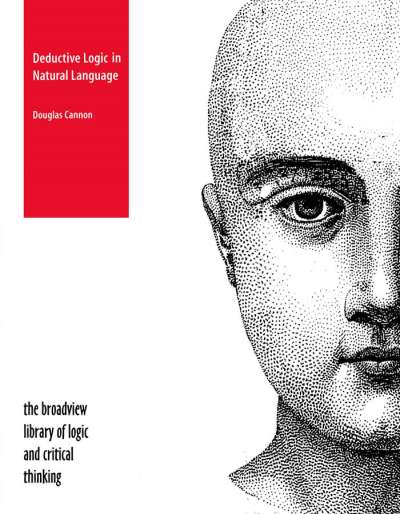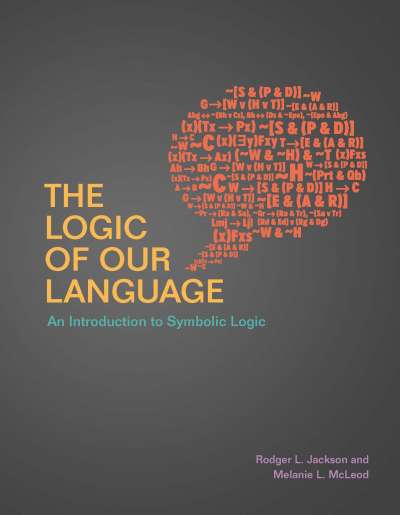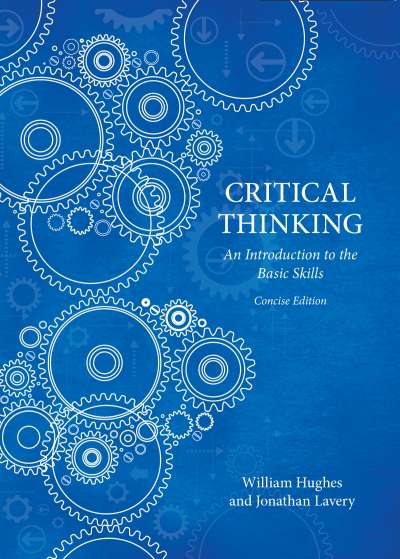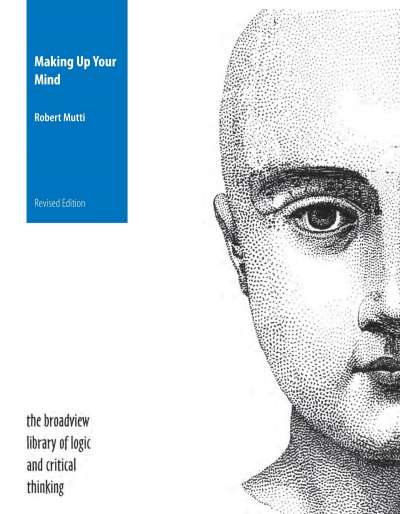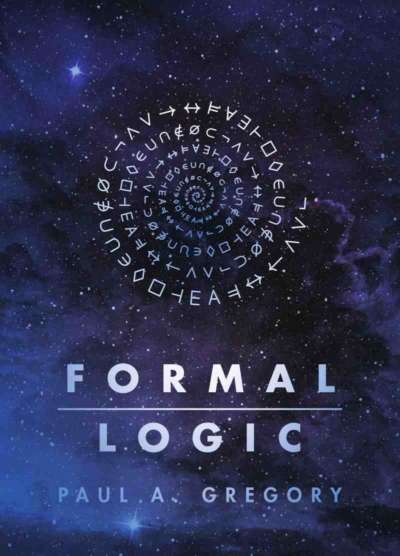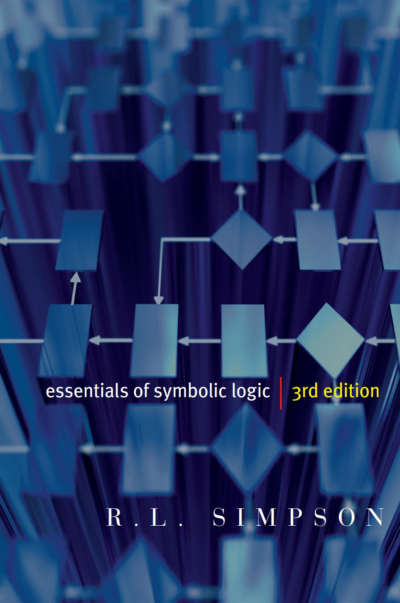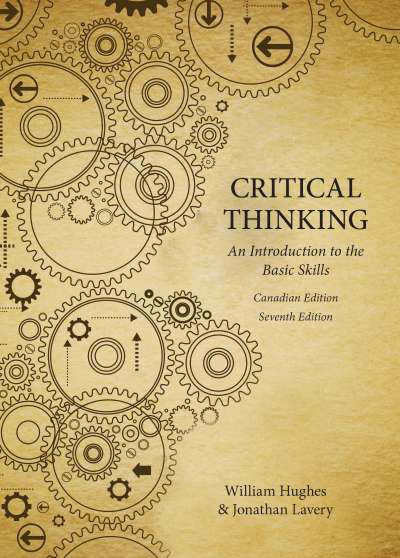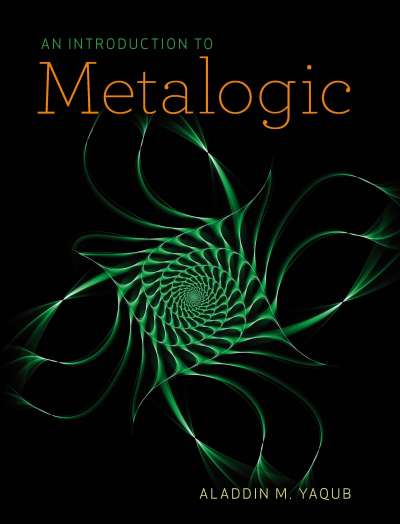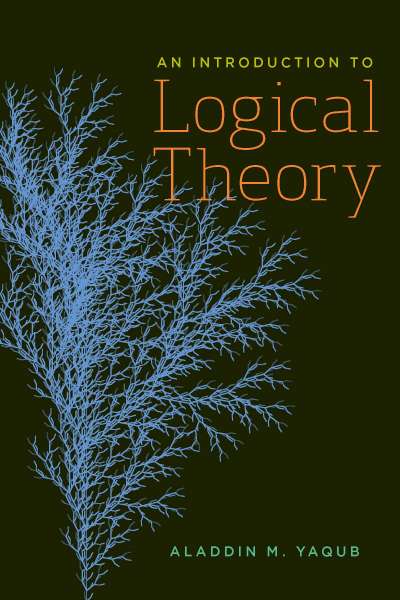Logical Options introduces the extensions and alternatives to classical logic which are most discussed in the philosophical literature: many-sorted logic, second-order logic, modal logics, intuitionistic logic, three-valued logic, fuzzy logic, and free logic. Each logic is introduced with a brief description of some aspect of its philosophical significance, and wherever possible semantic and proof methods are employed to facilitate comparison of the various systems. The book is designed to be useful for philosophy students and professional philosophers who have learned some classical first-order logic and would like to learn about other logics important to their philosophical work.
Comments
“I love this book; I would have written it if I’d known how!” — Richard Jeffrey, Princeton University
“Logic teachers will love this book. Trees are probably the most accessible way to present logical systems to students and Bell, DeVidi and Solomon give tree formulations of a wide range of central logical systems—including truth-functional and quantificational logic, modal logic, provability logic, intuitionistic logic, three-valued logic, and free logic.… An excellent job.” — B. Jack Copeland, University of Canterbury
Preface
1 Classical Propositional Logic
- Introductory Remarks
- Some Basic Concepts
- Formal Logics
- Propositional Logic
- Preliminaries
- Truth Values, Valuations, and validity
- Implication, Tautology, and Other Important Concepts
- Equivalence and Expressive Completeness
- Arithmetical Representation of Statements and Logical Operations
- Trees for Classical Propositional Logic
- Tree Rules for Classical Propositional Logic
- Trees as a Test for Validity
- Further Applications of the Tree Method
- Metatheorems
- Other Proof Methods
- Classical Propositional Calculus
- Natural Deduction
- Sequent Calculus
2 Classical Predicate Logic
- Introductory Remarks
- Tree Rules for Classical Predicate Logic
- Rules for Quantifiers
- Identity
- Functions
- Predicate Languages and Their Interpretations
- The Languages
- Interpretations: Preliminary Remarks
- Set Theory
- Sets
- Relations
- Equivalence Relations
- Orderings
- Functions
- Interpretations of Languages for Predicate Logic
- Validity, Satisfiability, and Models
- Correctness and Adequacy
- Some Difficulties
- Dealing with Difficulties
- The Proofs
3 Using and Extending
Predicate Logic: Postulates, Sorts and Second-Order Logic
- Postulate Systems
- Postulate Systems for Arithmetic
- Noncategoricity of First-Order Peano Arithmetic
- Many Sorted Logic
- Introductory Remarks
- Many Sorted Languages and Interpretations
- Reducing Many Sorted to Unsorted Logic
- Second-Order Logic
- Languages and Interpretations
- Second-Order Trees
- The Strength of Second-Order Logic
- Metatheory of Second-Order Logic
4 Introducing Contextual Operators: Modal Logics
- The Propositional Modal Language and Models
- The Language
- Interpretations
- Classes of Frames and Different Logics
- Trees for Contextual Logics
- Proving Correctness for ▪
- Counterexamples
- Proving Adequacy for ▪
- Other Systems of Contextual (Modal) Logic
- Correctness and Adequacy for Trees
- Provability Logic
- Arithmetic Provability and Contextual Logic
- Frames and Provability Logic
- Trees for Provability Logic
- Multi-Modal Logic
- Quantificational Contextual Logic
- The Languages
- Introduction
- Semantics for Contextual Predicate Logic
- Concluding Remarks
5 Getting Away From Bivalence: Three-Valued and Intuitionistic Logic
- Three-Valued Logics
- Trees for Three-Valued Logic
- Intuitionistic Logic
- Introduction – Constructivism
- A More General Account
- Semantics and Countermodels
- Metatheorems for Intuitionistic Propositional Logic
- Comparing Intutionistic Logic to Other Logics
- Intuitionistic Predicate Logic
- Interpretations
- Trees for Intuitionistic Predicate Logic
- Intuitionistic Identity
6 A Sampling of Other Logics
- Fuzzy Logic
- Algebraic Logic
- Term Forming Operators and Free Logics
- Term Forming Operators
- Free Logics
7 Solutions to *-ed Exercises
- Solutions for Chapter 1
- Solutions for Chapter 2
- Solutions for Chapter 3
- Solutions for Chapter 4
- Solutions for Chapter 5
- Solutions for Chapter 6
Index
John L. Bell and David DeVidi are members of the Departments of Philosophy at the University of Western Ontario and the University of Waterloo, respectively. The late Graham Solomon was a member of the Department of Philosophy at Wilfrid Laurier University.

